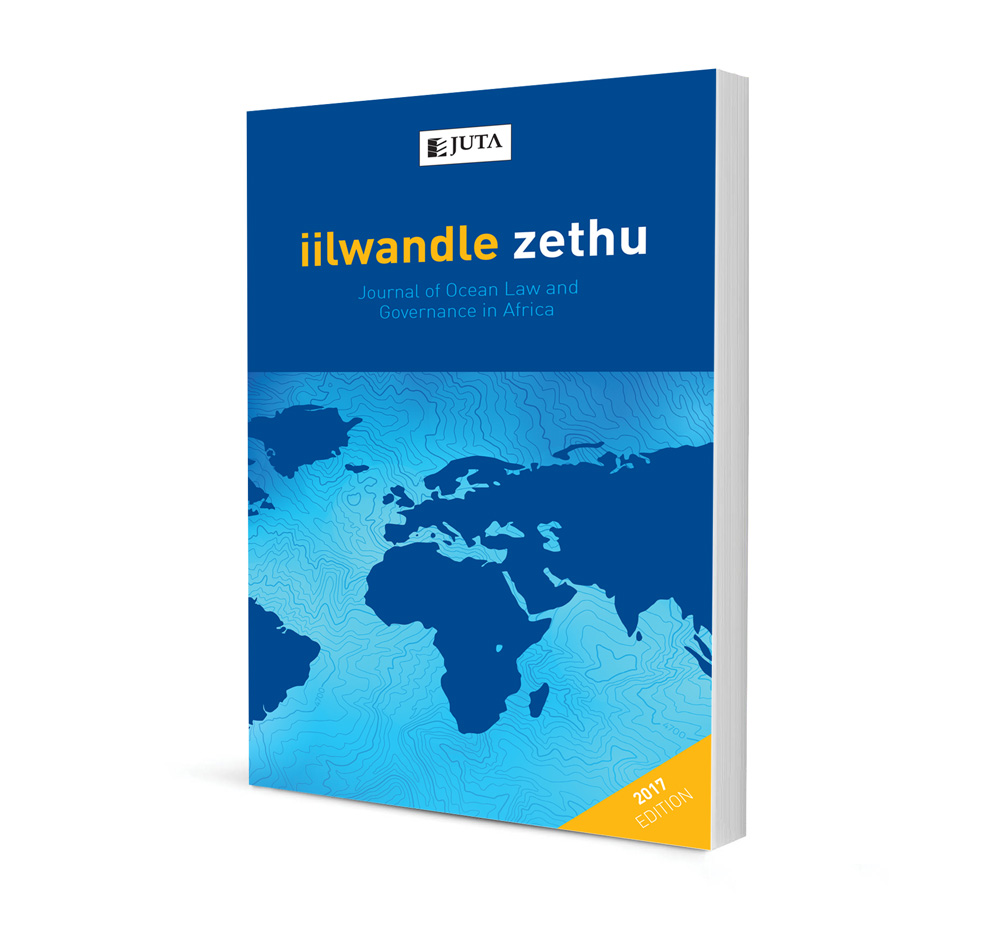Abstract
The history of maritime trade within Africa’s coastal waters is one of foreign domination and exploitation. Today, the 2050 Africa’s Integrated Maritime (AIM) Strategy urges African transport ministers and ship owners to consider cabotage laws for the continent’s coastline. Cabotage is the non deep-sea going coastal transport between two ports located in the same country or region irrespective of the location of ship registration. In light of the ultimate goal to improve the continent’s economic independence, cabotage laws could exclude non-African vessels from moving products back and forth in African waters, making the maritime transport industry key in improving intra-African trade and development. Although most developed countries apply similar rules for their coastal waters, there are, in the case of Africa, specific internal and external barriers as well as the fact that cabotage regimes are among the most controversial measures in relation to international trade liberalisation. By investigating these barriers, this article reflects on long-standing links between the shaping of today’s global economic competition and some core problems of Africa’s persistent struggle for more economic independence in the maritime sector.
